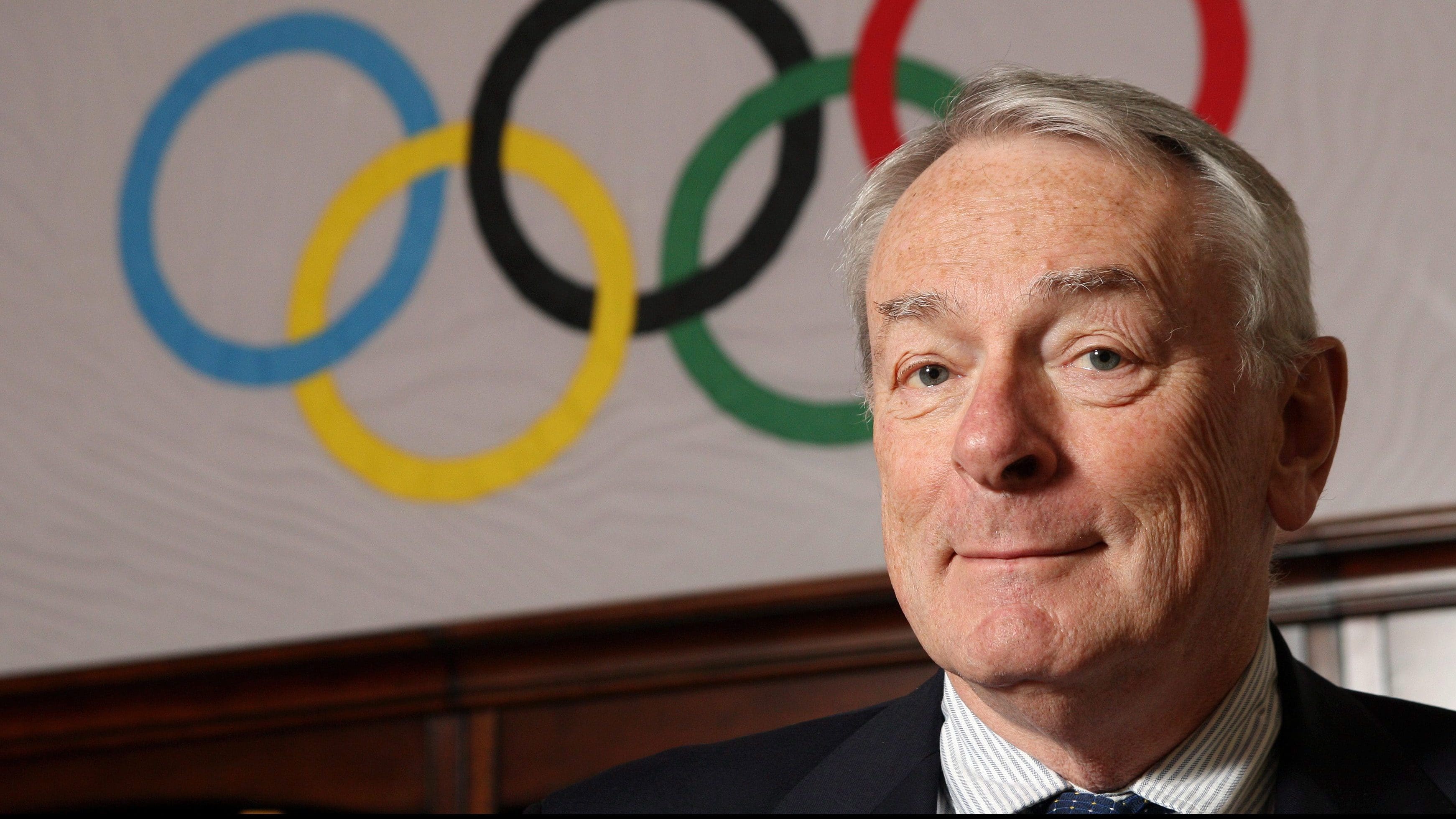Richard Pound is by far one of McGill’s most notable student-athlete alumni. During his time at McGill, Pound earned a bachelor’s degree in commerce and graduated on the Dean’s list, won the Canadian swimming freestyle championship four times, placed sixth representing team Canada at the 1960 Rome Olympics, and took home one gold, two silver, and one bronze medal at the 1962 British Empire and Commonwealth Games. Since his graduation in 1962, Pound has served as vice-president of the International Olympic Committee and founded the World Anti-Doping Agency (WADA). As the former president of WADA, Pound has clashed with notable organizations, such as the NHL, the Russian Olympic Team, and even individuals, including Lance Armstrong, over their unlawful use of performance-enhancing drugs.
From his experiences as an Olympic athlete and through his work with anti-doping organizations, Pound strongly believes in ensuring a competitive but level playing field for all athletes.
“It was important for me to do whatever I could to help the next generation enjoy the fun that I had as an athlete,” Pound said in an interview with The McGill Tribune.
Since Pound’s days as a collegiate athlete, the world of competition has only intensified, with an expansion of collegiate and professional sports on an international level. The development track for student athletes has only become more fraught with complications.
“I would say that there’s a lot more money in the system now,” Pound said. “That means that you can actually carry on competing until you’re well into your thirties [….] Back when I was doing it, when you finished McGill, you had to go to work.”
The World Anti-Doping Agency has made major progress in the fight against large-scale doping since its founding in 1999. High-profile cases, like the mass doping by the Russian Olympic team in the 2018 Winter Olympics and doping by professional cyclists in the early 2000s, resulted in independent investigations that confirmed their use of performance-enhancing drugs. The former ensued in Russia being banned from the next two Olympic games. Despite these strides toward fairness in sport, Pound emphasized that there is still much work to be done.
“People have asked me, ‘When do you declare that you’ve won the fight against doping in sport?’” Pound said. “The answer to that is, you can’t change human nature. There are always going to be people out there that do not care [about] what they promised. They do not care what the rules are. But if you can get 99.9 per cent of the athletes not to do it because it’s dangerous, and because you are breaking a promise you’ve made to your fellow competitors, [you will] be doing [it] right.”
Following his years spent trail-blazing the fight against doping, Pound remained in Montreal, where he worked as a tax attorney and authored several books that reflect his time as president of the World Anti-Doping Agency.
When ruminating on his storied life, Pound attributes much of his work ethic to his time spent as a student athlete at McGill.
“[Being a student-athlete] rounds out your academic progress and certainly teaches you to manage your time better,” Pound said. “I went through almost my entire first year at McGill at the age of 16. I was totally immature, socially and all that kind of stuff, but […] I could compete and learn from folks that were all older than I was.”
Pound believes strongly in pursuing what is right—a value he was taught from a young age.
“A lesson I remember from school was, ‘if it’s wrong, it’s wrong, even if everybody’s doing it. If it’s right, it’s right, even if nobody’s doing it.’”








